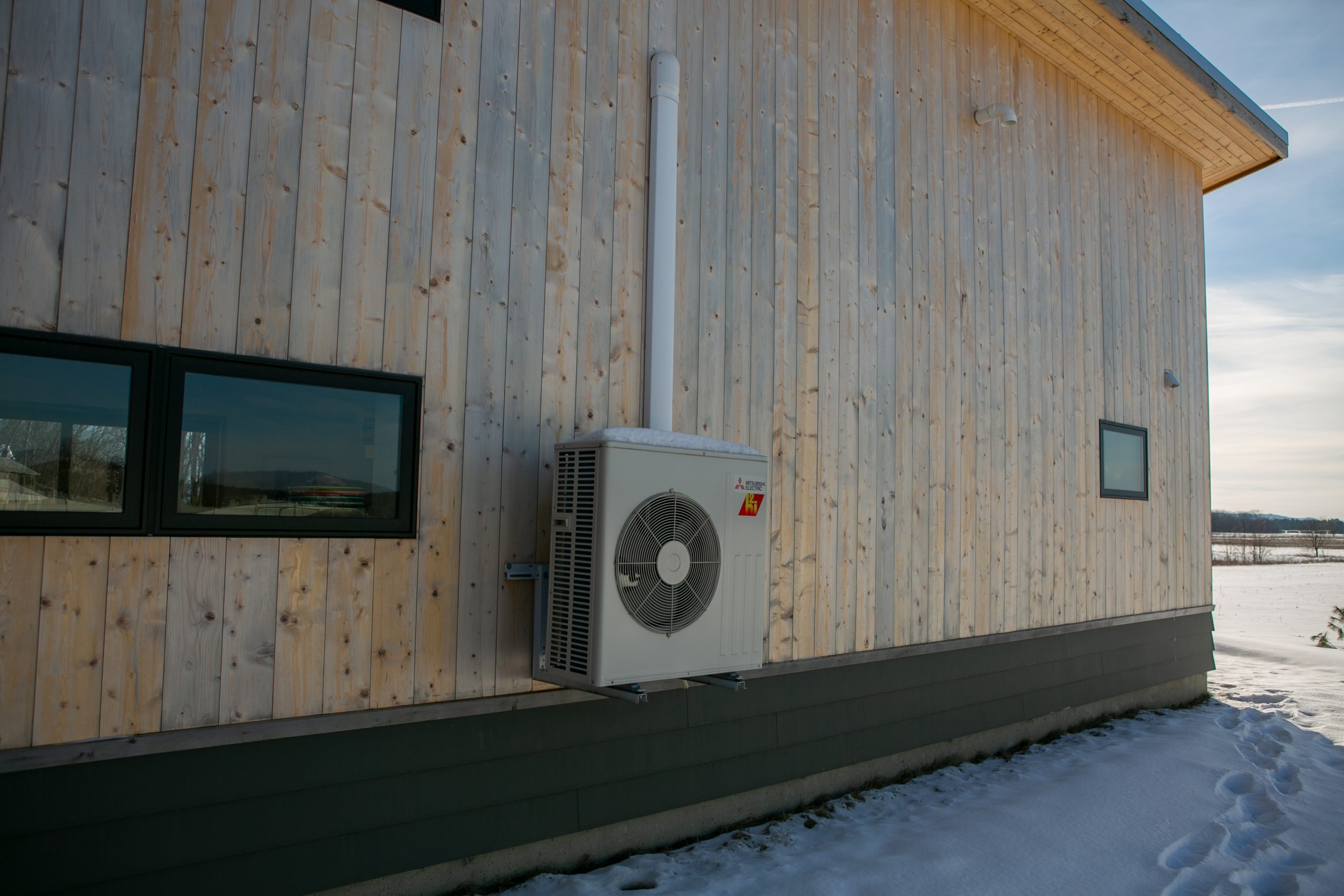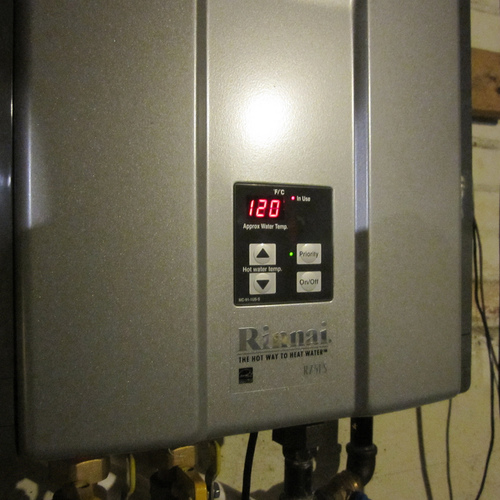
With the Inflation Reduction Act providing lots of incentives to improve your home and go all-electric, let’s look at how you can prepare for the conversion. As with any home improvement job, it’s best to do your homework. In this article, I’ll begin with some important questions to ask. Then, in a followup article, I’ll walk you through some of the things you can do to make the transition to an all-electric home easier.
Questions to ask
The first thing to do is to take stock of your current situation. Here are some questions to get you started.
1. Does going all-electric make sense for your house? If you just put in a brand-new high-efficiency furnace two years ago, you might want to wait. That’s a big investment to throw out. Then there are the upfront carbon emissions that would go along with replacing it. As much as I’d like everything to be all-electric right away, we need to do this in a smart way. And throwing lots of upfront carbon at the problem isn’t that smart.
Another reason not to go all-electric would be having a gas tankless water heater with no good way to change to an electric storage water heater. If you have to go from gas tankless to whole-house electric tankless, you’ll use a lot of electricity to heat water. Worse, you may have to make a significant upgrade to your electric service because electric tankless water heaters take A LOT of power. A better use of your resources might be to improve your hot water distribution system.
2. Which appliances will you need to replace? The place to start is by looking at what fuels other than electricity you use. Gas? Propane? Fuel oil for heating? If you heat with fuel oil, your home is ripe for converting to electric heating. Gas heating is good to convert, too, unless it doesn’t make sense. (See previous question.) Propane is expensive, so it may be cost effective to do that conversion, too.
3. Should you make improvements to your home’s building enclosure? If you’re going to change the heating system, it’s a good idea to see if you need to do air-sealing or add insulation. Reducing your heating load is an excellent complement to heating with heat pumps, and there are incentives to help you do that, too. (And speaking of heat pumps, they work in Minnesota and they work even when undersized.)
4. Will you need to upgrade to a larger electrical service? The electrical power delivered to a house has a limit, usually measured in terms of electrical current. In newer homes, it’s usually 200 amps. If the current goes higher than that, the main breaker will trip to prevent wires from overheating and your house from burning down.
Older houses that haven’t had an electrical service upgrade may have an upper limit of 100 or 150 amps. You may still be able to work with that, but it’s going to depend on what your current electrical load is and how much you’ll be adding. I’ll have more detail about that in part 2 of this series.
5. Is your wiring adequate? In addition to the electrical service, the wiring in your house may not be adequate. At a minimum, you’ll probably need to add some new circuits. At worst, you may need to rewire the whole house. This is where you’ll need an electrician to help.
6. Does your electrical panel have room for additional breakers? Going all-electric will almost certainly mean adding new circuits. That takes space in your electrical panel because each circuit needs a breaker. In part 2, I’ll show you how you may have the space in your panel even if every slot already has a breaker.
7. How much will you be able to get in incentives to help with the conversion? The Inflation Reduction Act is only one source of financial assistance you can tap into. There are existing federal tax incentives available, and your state and electric utility may have incentives to help you electrify your home, too. A great resource for this is the Database of State Incentives for Renewables & Efficiency, (DSIRE). I know Canada also has good incentives for heat pumps.
Next steps
These questions are meant to get you thinking through the logistics of doing a conversion to an all-electric home. In my followup article, I’ll go into more detail about things you can do to prepare. Here are the main topics I’ll cover:
- Planning your conversion
- Monitoring your power use
- Mapping your circuits
- Having an electrician evaluate your electrical system
I’m sure there are other good questions to ask as you start down the path to electrification. Some of the reasons for electrifying are to decarbonize your home, switch to a more comfortable heating system (heat pumps), or take advantage of current incentives. If you think of something I missed, put it in the comments below.
________________________________________________________________________
Allison A. Bailes III, PhD is a speaker, writer, building science consultant, and the founder of Energy Vanguard in Decatur, Georgia. He has a doctorate in physics and is the author of a popular book on building science. He also writes the Energy Vanguard Blog. You can follow him on Twitter at @EnergyVanguard. Photo credit: scottbb, flickr.com, CC license.
Weekly Newsletter
Get building science and energy efficiency advice, plus special offers, in your inbox.















5 Comments
I think you skipped over the best reason to change fuels. That is making your own fuel on site with photovoltaic cells aka solar power while locking in you fuel costs for the next 25 years or so.
The second best reason to change fuels is if you can cancel the gas service and eliminate the ever increase monthly fees saving hundreds of dollars.
Walta
Here is a link an article on products and techniques for Electrification without a service upgrade.
https://b2electrification.org/home-electrification-service-upgrade-not-required
fankcrawford,
Thanks for the link. That's very useful.
Both Allison's article and Frank's link provide very useful info.
Looking forward to Part 2 of Allison's article!!
Will there be a part 2?
Log in or create an account to post a comment.
Sign up Log in